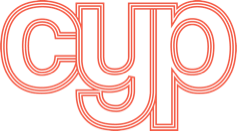 |
Hi, I’m Sari Azout and this is the the 48th edition of Check your Pulse, a tech and startups newsletter designed to make you feel human. I try to make this one of the best emails you get each week. If you’ve been sent this email and you’re not a subscriber, you can join by clicking on this big red button below.
Happy Monday, friends.
Every time I sat down to write today’s post, I came up with an excuse to do something else. That’s probably a sign of burnout. Four months at home with the kids has taken a lot out of me. All this to say, I’ll be taking a pause for a few weeks. I’ll be back in your inbox later this summer.
One recurring theme of this newsletter has been the transition from the gig economy to the creator economy and from large horizontal social networks to vertical, niche micro-communities.
In the gig economy, users who contribute time and data are rewarded linearly — to earn more, an Uber driver needs to drive more. The platform grows exponentially, while the platform’s most important asset — the driver — earns linearly.
In response to the gig economy, people are thinking about ways to leverage their skills and creativity and combine those with the unique qualities of the Internet — zero marginal cost of distribution — to earn an asymmetric return on their time.
In April, the founder of Teachable tweeted that 100 creators had made over a million dollars on their platform. Jack Butcher of Visualize Value sells a popular course titled: create once, sell twice. Patreon has well over 180,000 creators on its platform.
Our values are changing. And as large platforms get richer off their users’ personal data and time, people are trying to regain control and a new wave of companies is ready to speak to them.
Dumpling is a recently launched anti-Instacart Instacart alternative.
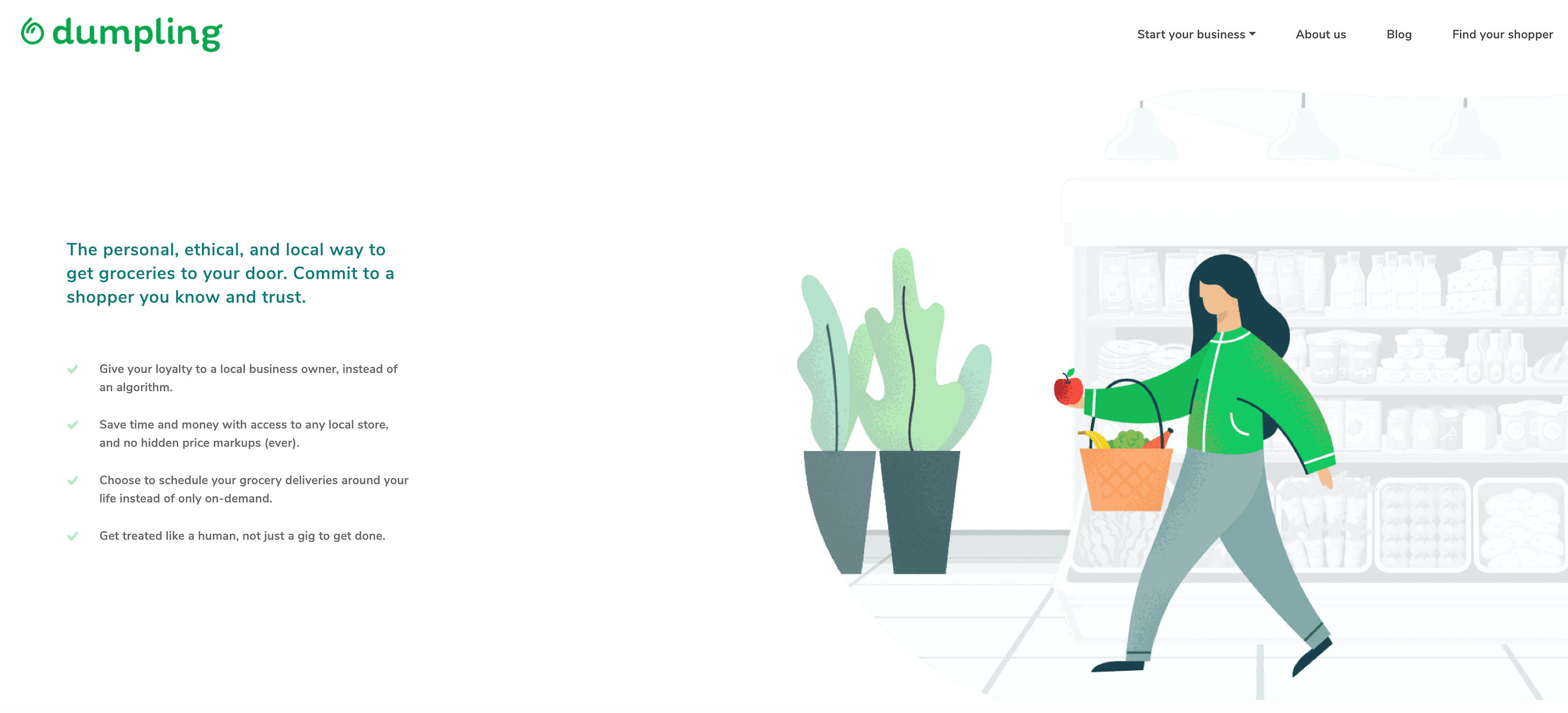 |
Reddit launches Community Points, a way for Redditors to earn a piece of their favorite communities.
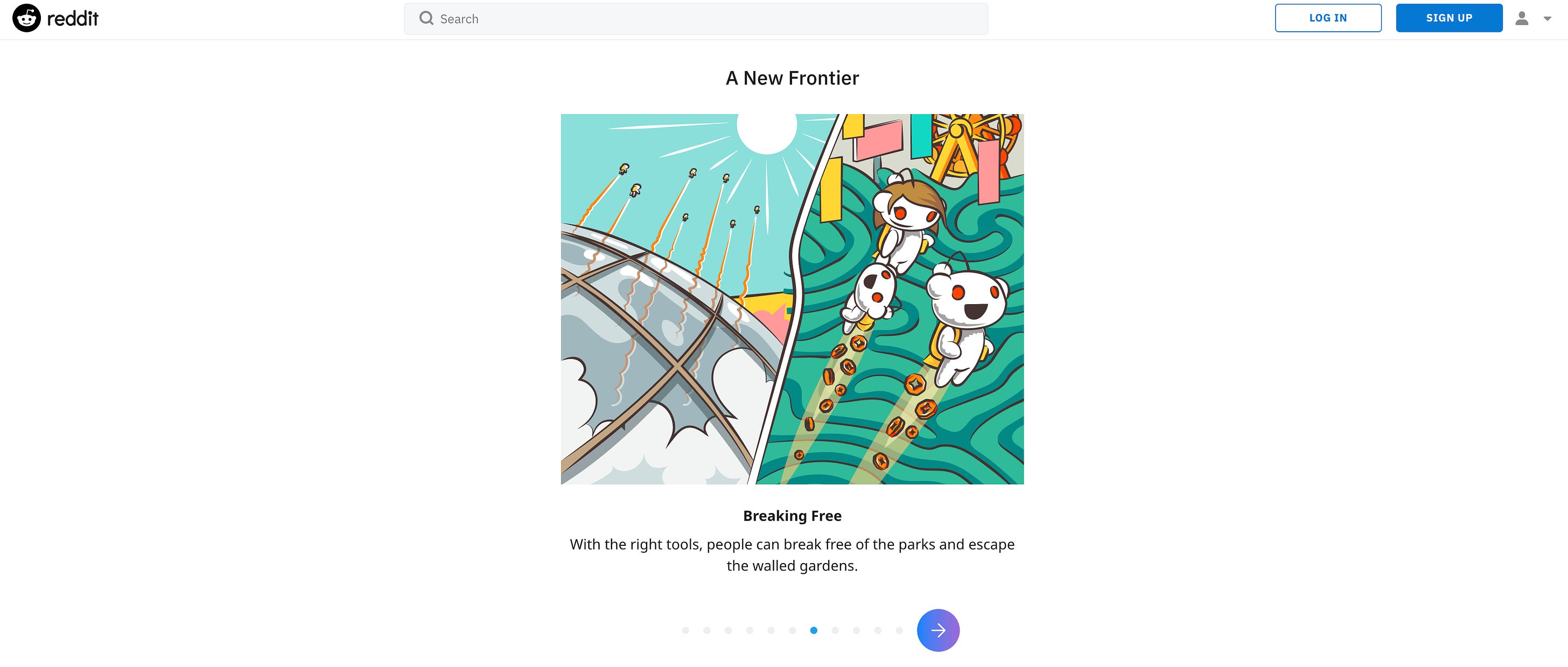 |
Delphia helps users monetize their data by turning it into an investment advantage
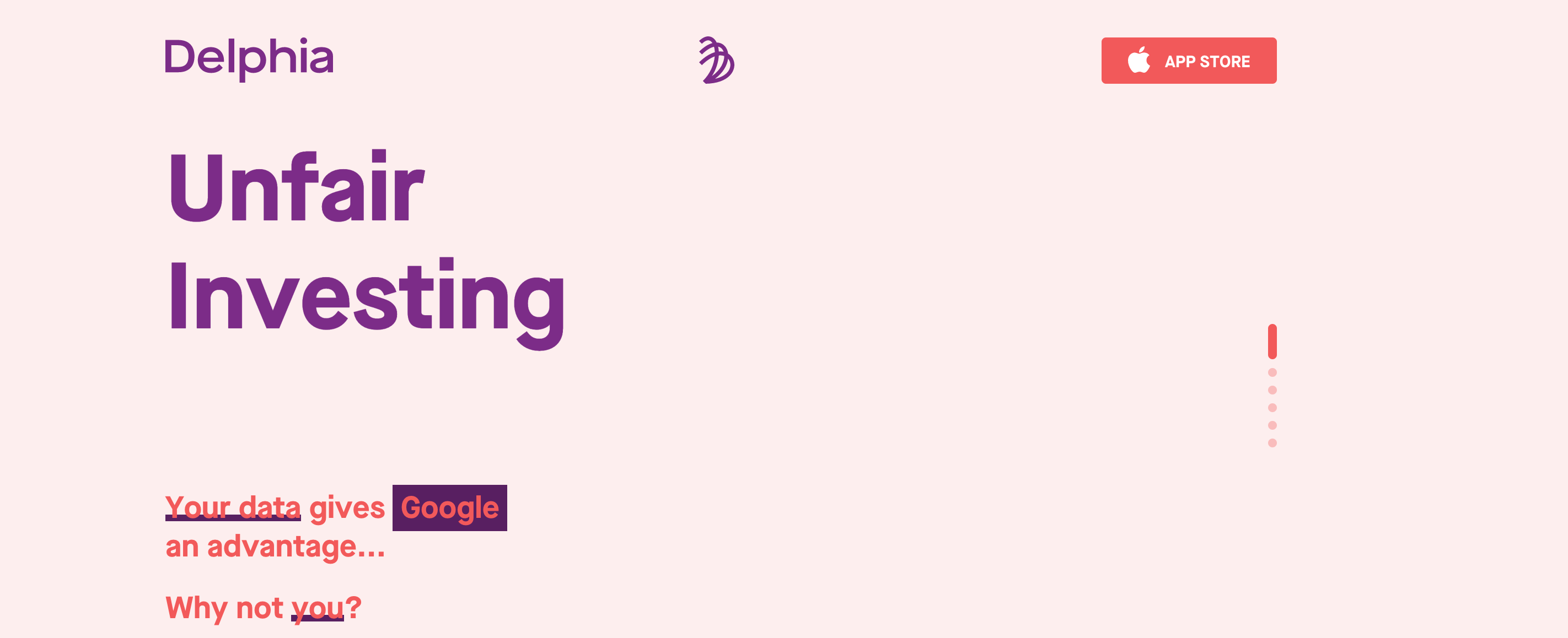 |
There’s a lesson here for the emerging creator economy.
Just as drivers are Uber’s biggest asset, fans and community members are a creators’ biggest asset.
Today, an emerging class of creators is monetizing using subscription tools like Substack and OnlyFans. The problem with the subscription economy is there is no opportunity for fans to own assets, and further, subscription models don’t take into account the value that fans bring to their communities.
To illustrate with a real-world example: suppose you pay $20/month for access to a community of founders. Everyone is charged the same, regardless of their level of contribution. What if instead the community took a portion of the fee stream and distributed it to the members who most positively impacted the community?
With more aligned incentives, communities that give their contributors economic incentives grow faster.
While it’s still a nascent space, there are a few companies building in what I call “the participatory economy” — where fans participate in a creator’s success. Cent is a network for creators and fans to earn income together. Roll and Rally are building infrastructure for social money. And Foundation, which describes itself as a “stock exchange for culture” is bringing new revenue streams and forms of ownership to creative industries.
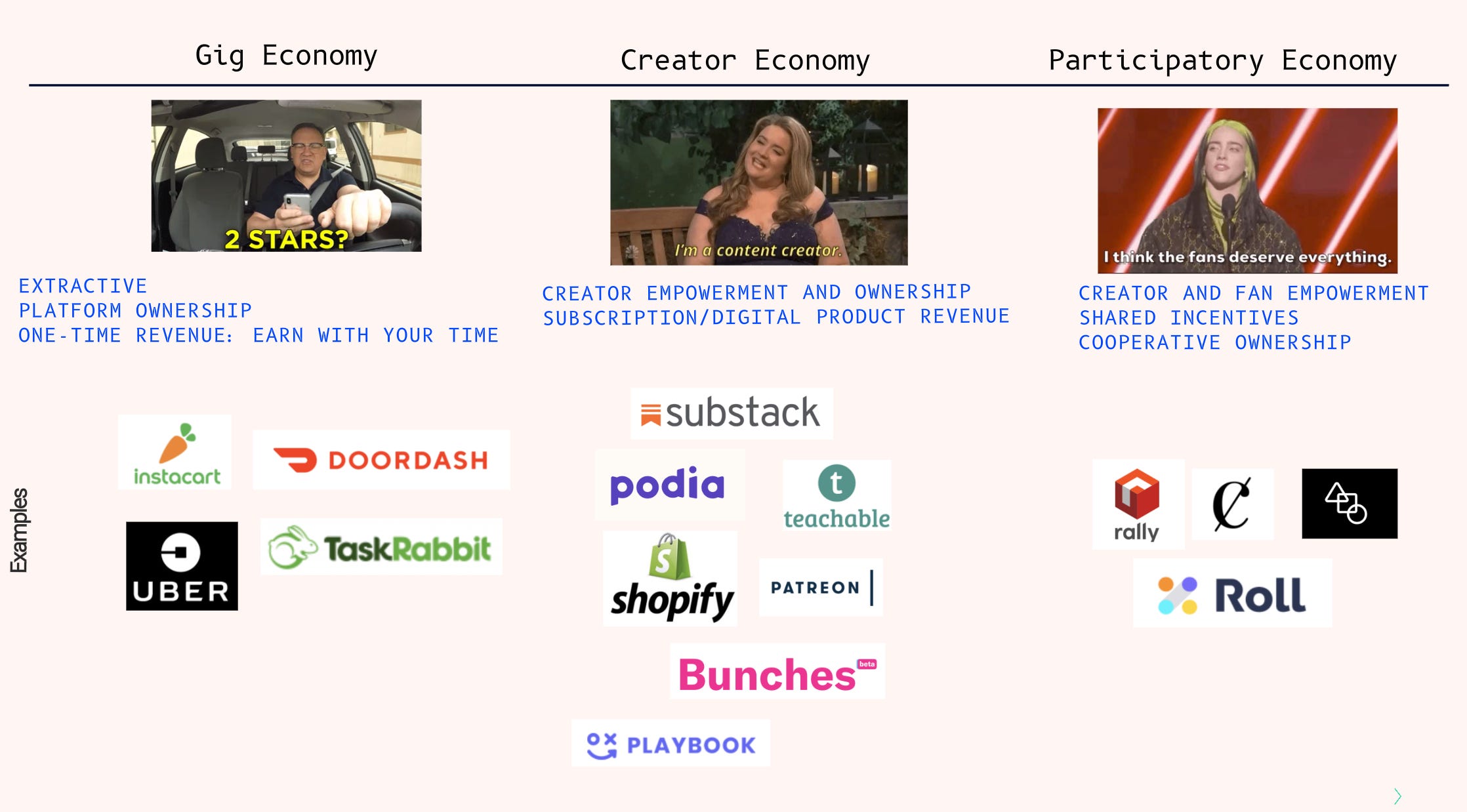 |
In many ways, the “participatory economy” is the promise of cryptonetworks.
As the use cases become clearer, my hope is that more companies in the crypto space speak the language of creators. There are technical complexities to overcome, but I suspect the key barrier to adoption of these products will be lack of language/market fit. Creators don’t care about buzzwords like protocols, governance tokens, minting, and native assets. What they care about is: how can I build a better relationship with my fans?
And increasingly, it seems giving fans incentives to help a creator succeed is the answer.
We're in a transitional world right now. The models by which creators get their work out into the world are changing. The old rules and assumptions are crumbling and nobody knows what the new ones are. It’s intimidating, but also liberating.
And while I’m hardly a crypto-enthusiast, the idea of cooperative economic networks really excite me because they’re such a hopeful twist on the tech doomsday headlines.
What do you think? I’d love to hear your thoughts.
Stay human 🔮
Sari
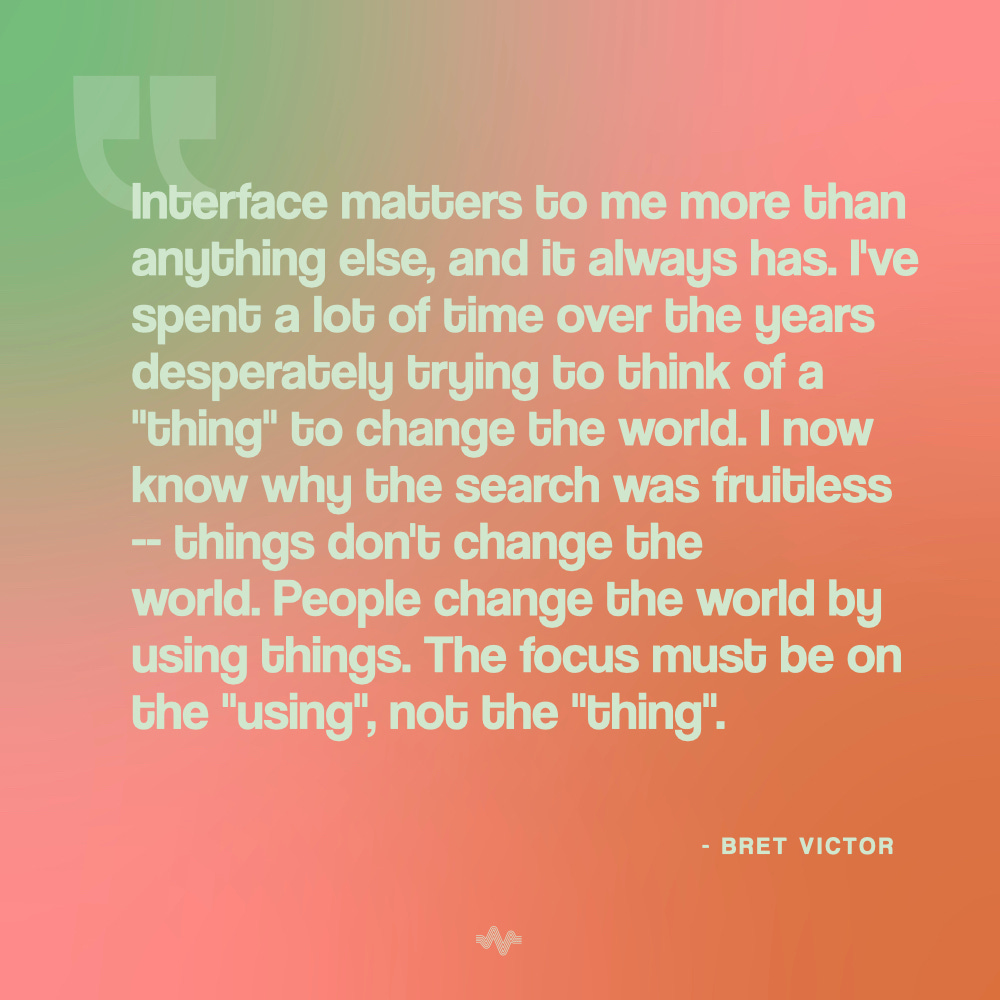 |
 |
I love this: raising other people’s aspirations is one of the most valuable things you can do with your time and your life. At critical moments in time, you can raise the aspirations of other people significantly, especially when they are relatively young, simply by suggesting they do something better or more ambitious than what they might have in mind. It costs you relatively little to do this, but the benefit to them, and to the broader world, may be enormous. This is in fact one of the most valuable things you can do with your time and with your life. 🔍✨
If you’re looking for gift ideas, I love this 4k weeks poster — a powerful reminder of how short life is. 🔄
Ryan Holiday’s list of 33 things he’s learned is full of wisdom 💭👇🏽
The best and most polite excuse is just to say you have a rule. “I have a rule that I don’t decide on the phone.” “I have a rule that I don’t accept gifts.” “I have a rule that I don’t speak for free anymore.” People respect rules, and they accept that it’s not you rejecting the [offer, request, demand, opportunity] but that the rule allows you no choice.
Your last book won’t write your next one.” You are constantly starting at zero. If you think your past success guarantees you anything, you’re in for a rude awakening.
The age of we need each other is a powerful essay. Our culture validates and celebrates those who are out there with big platforms speaking to millions of people, while ignoring those who do humble, quiet work, taking care of just one sick person, one child, or one small place on this earth. 🌎
I don’t know who needs to read this, but 💯👇🏽
 |
Brilliant! 💯👇🏽
 |
I love the idea of learning in public. Nathan Baschez and Dan Shipper are documenting the process of launching their newsletter business in a new podcast, Talk Therapy while Packy McCormick’s is openly sharing the process of growing his newsletter, Not Boring. 💬
AirBnB’s Brian Chesky on the future of travel. There’s something interesting about the idea of people wanting to work from home - just not their homes. ✈️
Marketing is eating the world. For most software businesses in the US, the problem isn’t technical knowledge anymore. The problem is getting a wedge into distribution. 🚀
A great essay on failureship bias. One of the biggest mistakes we make in Silicon Valley is generalizing reasons why startups fail. Google was the 24th search engine. Facebook was the at least the dozenth social network. A company will come around one day doing what Theranos tried to and many will pass. Learning too much from the past given our cognitive biases is dangerous. 🧠
 |
 |
If you’re wondering who’s behind this newsletter:
My name is Sari Azout. I am a design-thinker, strategist, and early stage startup investor at Level Ventures and Rokk3r. My mission is to bring more humanity and creativity to technology and business.
Want more?
Follow me on Twitter, Medium, and Instagram.
Know a founder i should meet?
Drop me a note at sari@level.vc
If you're enjoying this newsletter, I'd love it if you shared it with a friend or two. You can send them here to sign up.
Thanks for being here!



